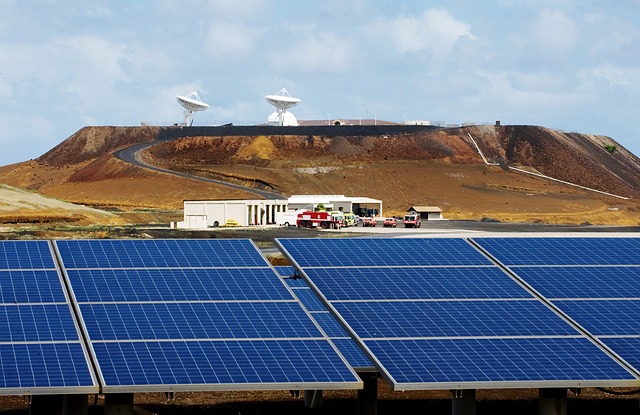Residents of Illinois may be eligible for various federal, state, and local initiatives aimed at reducing the expense of installing a new solar system, potentially saving them substantial amounts.
Particularly noteworthy is the Illinois Solar For All program, designed to assist eligible low-income households in acquiring solar panel installations without any initial financial burden, distinguishing the state from others.
In conjunction with favorable net metering regulations, property tax exemptions, and community solar programs based on subscription models, it is unsurprising that Illinois is recognized as one of leading states in terms of solar incentives.
Statewide Solar Promotions: Illinois
All Illinois residents who invest in solar energy systems and qualify can receive these programs.
SRECs are valuable in renewable energy.
- Illinois is unique in that it offers SRECs, which reward solar panel owners for their electricity. Solar panels generate 1,000 kilowatt-hours in Illinois, earning one SREC. People can then sell credits or join Illinois Shines.
- Illinois Shines, commonly referred to as the Adjustable Block Program, pays upfront for the solar system’s projected SRECs over its first 15 years. Enrollment requires working with an authorized vendor. The vendor can use SREC value to lower the system’s initial cost or receive payment from Illinois Shines after disbursement.
- Illinois Solar for All helps low-income Illinois households install solar panels for free. Instead of paying for the panels and installation, residents who qualify will pay a lower monthly fee for solar electricity. Income-qualifying residents, nonprofits, public facilities, and low-income community solar projects can participate.
- Adjustment to Solar Property Tax: Individuals who install solar panels as well as see their property value rise can request a property tax adjustment. The tax assessor will value the property based on its solar or traditional heating and cooling system. Choosing the lowest option will determine the valuation.
Federal Solar Tax Credits

The Inflation Reduction Act incorporates the residential clean energy credit, which provides coverage for up to 30% of the expenses associated with new, eligible clean energy enhancements within your residence.
To apply the credit towards solar panel installation, you must:
- Be the homeowner. (In the case of renting, the landlord may be eligible for the credit.)
- Acquire solar panels that are either new or utilized for the first time.
- Possess ownership of the solar panels. (Leasing panels or engaging in a power purchase agreement disqualifies you, as the system would be owned by a third party.)
There exists no ceiling on the credit amount you can claim. For instance, if you install a solar panel system costing $24,000, you would qualify for a federal tax credit amounting to $7,200. Consequently, your tax liability in the subsequent year would be reduced by $7,200.
Any surplus unused credit can be carried forward for application in future tax years.
The tax credit can encompass expenses related to:
- The actual solar panels.
- Labor associated with installation and assembly.
- Any essential electrical work.
- Soft costs, including permitting fees.
Solar Net Metering in Illinois
Through net metering, the utility company allocates credits to you for the solar energy contributed to the grid, thereby potentially reducing your utility expenses.
In Illinois, utility providers such as Commonwealth Edison, Ameren, and MidAmerican Energy Company are mandated to apply credits to your bill at the complete retail rate.
Similarly, other utility companies may extend this option.
These credits are cumulative, carrying over from one month to the next, though they typically expire at the conclusion of the calendar year.
